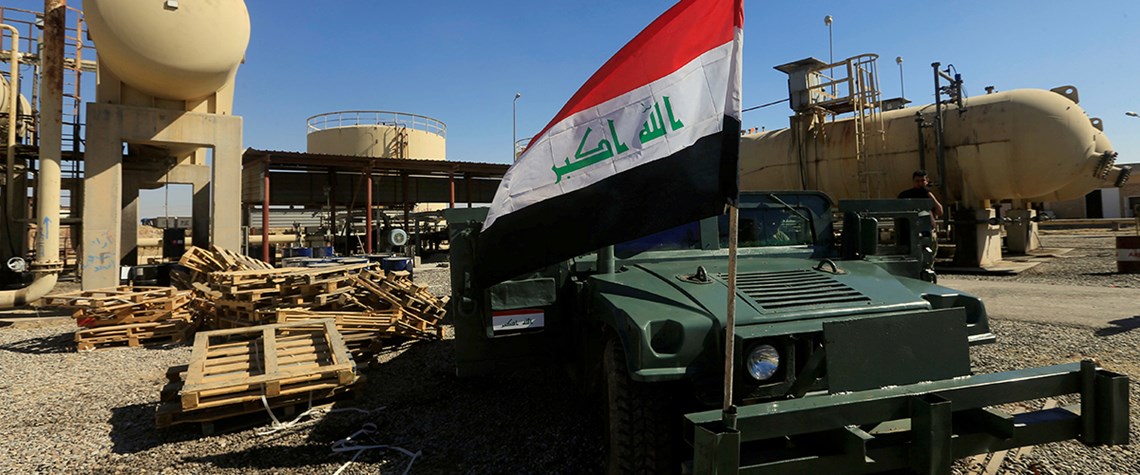Iraq close to a deal?
The outlook for the energy sector is bright, but the post-elections political prospects remain cloudy
Two narratives dominate speculation in the aftermath of the parliamentary elections in May, and one should be cautious in giving them credibility, because there'll be much political 'horse trading' in the coming months. The first narrative claims that the Sadrist populist movement, with strong support among Iraq's poorest Shia communities, won the election. This is misleading. The Sadrists, led by the unpredictable cleric, Moqtada al-Sadr, performed better than expected. His Sairoon bloc won 54 out of 329 seats, but its political clout is limited. For example, despite boycotting a parliamentary vote on an election recount, deputies voted it through. How much influence the Sadrists will have

Also in this section
15 April 2024
Though hampered by methane concerns, US LNG has a crucial role to play for European and Asian energy security, US economic needs and the energy transition drive
12 April 2024
Iran has announced multibillion dollar spending programmes aimed at domestic companies, inspired by recent export success
12 April 2024
CEO Meg O’Neill believes operating environment in Australia has stabilised and sees a bullish outlook for LNG demand
11 April 2024
The renewables revolution is not producing a gas boom in Asia’s largest countries, as incumbent energy sources coal and hydro retain an advantage







